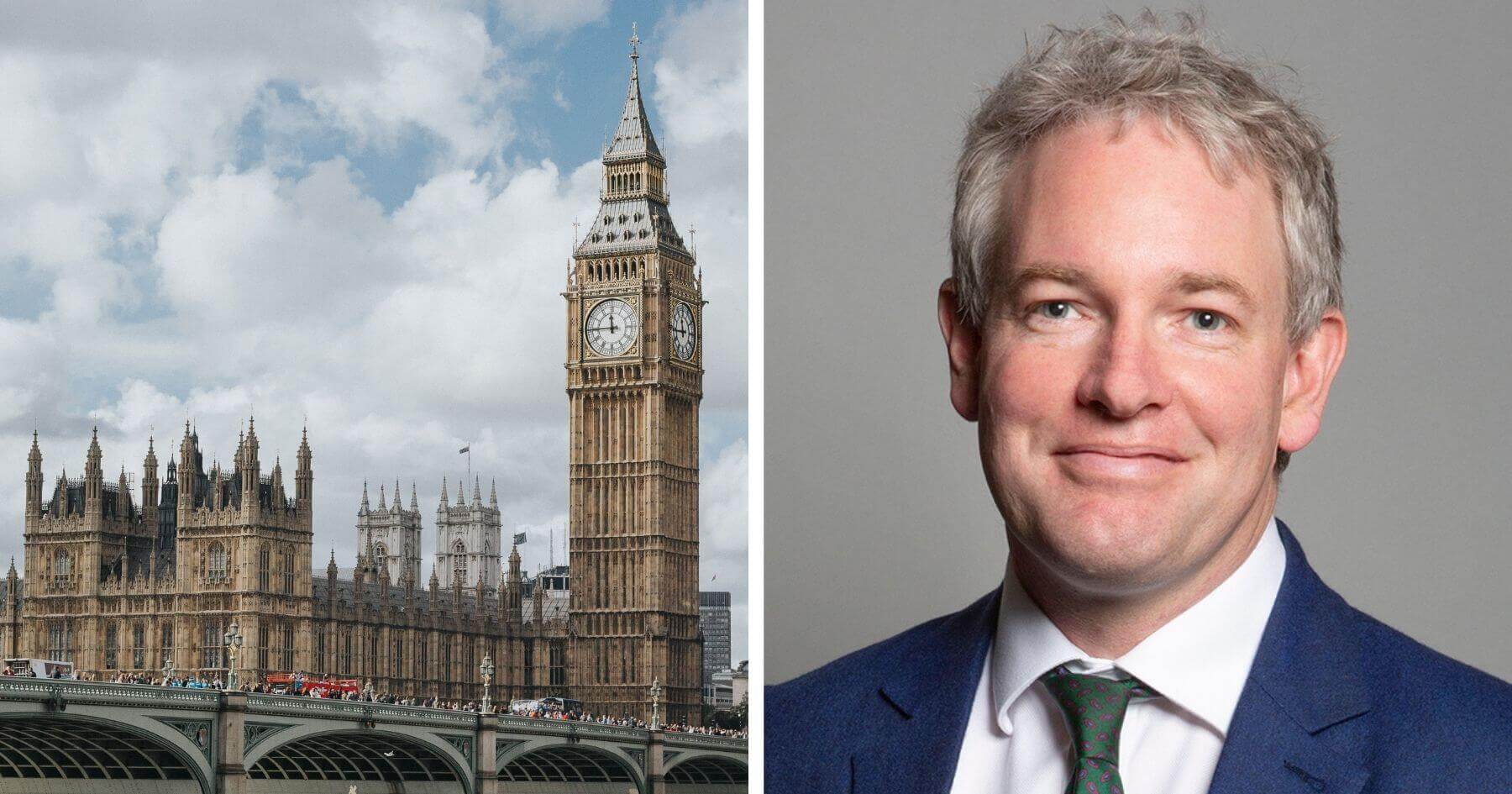Following a Care Quality Commission (CQC) report that found evidence of the improper use of DNACPR (do not attempt cardiopulmonary resuscitation) orders on sick, disabled, elderly and dying persons in care settings during the COVID-19 pandemic, a Conservative MP has emphasised the need for “a moral framework that honours the dignity of sick, disabled, elderly or dying people”.
Earlier this year, after a series of anecdotal reports, the Care Quality Commission (CQC) found that, while there was no evidence of the blanket use of DNACPR orders as a matter of policy, there was some evidence that this may have occurred in practice.
Ordinarily, DNACPR orders are applied to patients where it is believed that CPR would be futile, would not provide a benefit to the patient, or would be overly burdensome for the patient. These decisions are usually taken in consultation with the patient’s family or other representatives especially, as often happens, if the patient themselves are unable to make the decision.
However, the CQC has found 508 cases of DNACPR decisions since March 2020 that were not agreed in discussion with the patient, their family, or the patient’s representative. Additionally, of the 2,048 adult social care providers who responded to the survey, 119 providers felt that people in their care had been subject to blanket DNACPR decisions since 17 March 2020.
The CQC released its report last month and Danny Kruger, Conservative MP for Devizes, reiterated its findings in a debate in Parliament this week:
“Stories emerged last spring of blanket DNACPR policies being put in place in care settings. They were for people with certain characteristics—people with learning disabilities, people with certain complex needs, and people with life-limiting illnesses. This was done, the report said, without consultation with patients themselves or with families. All this was quite wrong and against all the guidance”.
“There is anecdotal evidence from care homes that patients who have requested they are not resuscitated are not cared for as well as others”.
“I am relieved that it [the full Care Quality Commission report] did not find evidence of blanket DNACPR policies being applied as official practice by any health or care provider”.
“We need a moral framework that honours the dignity of sick, disabled, elderly or dying people”.
However, Mr Kruger went on to say:
“The CQC report also causes me concern that de facto blanket policies may have been in operation largely because we simply cannot tell everything that has been going on”.
“We need a moral framework that honours the dignity of sick, disabled, elderly or dying people”.
“We in this place can encourage good conversations and the right decisions by stating as clearly as we can that human life is infinitely precious, right until the end”.
In his speech, Mr Kruger noted that one of the dangers in end-of-life care can arise from over-regulation. While he acknowledged that, in this case, there was no evidence of the blanket use of DNACPRs for vulnerable patients, he said that he is “nervous about the idea of over-regulating end-of-life care and reducing it to a process, because at the end of that road lies the awful scenario we are trying to avoid—a blanket rule on who should live and who should die”.
Right To Life UK spokesperson, Catherine Robinson, said: “The blanket use of DNACPRs on vulnerable groups of patients is clearly wrong and it is good that no evidence was found of this being a matter of policy. The anecdotal reports, however, remain a concern, and as Mr Kruger suggests, even if there was no policy of blanket use, this may have been in de facto operation in some circumstances”.
“As Mr Kruger suggests, there must be a renewed emphasis on consultation with family members or other representatives on a case by case basis to ensure the proper and fair use of DNACPRs. At the heart of each and every end-of-life care decision must be the inherent and inviolable dignity of the human person”.












